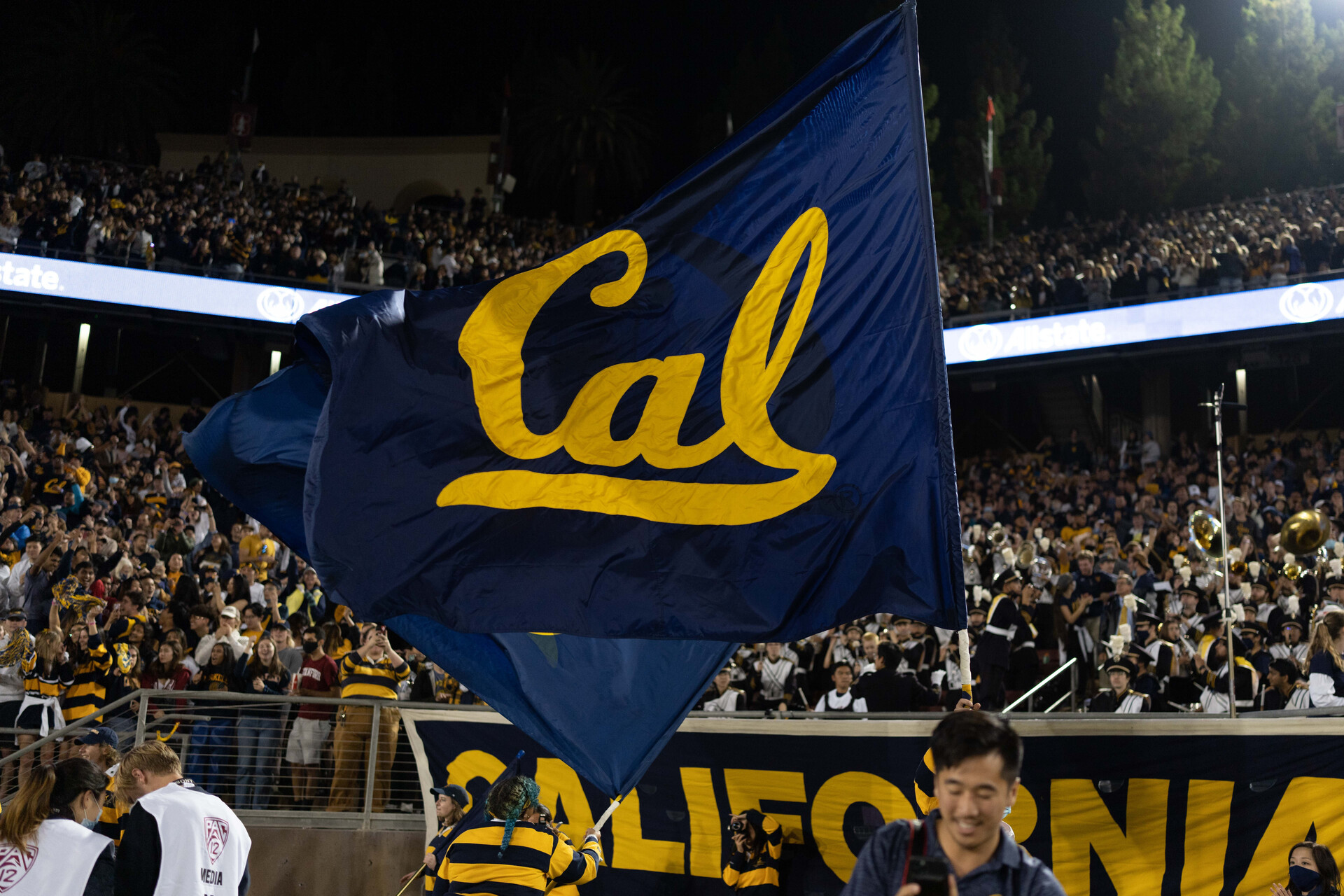On November 8, 2022, Californians will head to the ballot box and elect lawmakers to represent them at the local, state, and federal levels. They will also decide the future (at least in the short term) of California sports betting.
A total of seven propositions, including two sports betting initiatives, have made the ballot.
Allows in-person sports betting at racetracks and tribal casinos. It requires that racetracks and casinos that offer sports betting make certain payments to the state—such as to support state regulatory costs. The proposition also allows additional gambling—such as roulette—at tribal casinos. Finally, it adds a new way to enforce certain state gambling laws.
Allows tribes or gambling companies to offer online sports betting. It requires tribes and gambling companies that offer online sports betting to make certain payments to the state for specific purposes—such as to support state regulatory costs and to address homelessness. The proposition also creates a new online sports betting regulatory unit. Finally, it provides new ways to reduce illegal online sports betting.
You can find a deeper dive into the two proposals here
The Major Players And Their Backers
Prop 26 is primarily backed by the state’s tribal gaming operators. Commercial sports betting operators like DraftKings, FanDuel, and BetMGM are behind Prop 27.
The first step was to swell the ranks of supporters.
California’s gaming tribes smartly included racetracks in their proposal, immediately garnering the support of racing and the many unions attached to the industry.
In the ensuing months, the tribes locked in even more support. They can now boast a coalition of more than 50 tribes and a couple hundred state and community partners, including the California Teachers Association, the California Democratic Party, and numerous chambers of commerce.
To fight against the tribal initiative, Prop 27 has enlisted a few non-gaming tribes, the state’s cardrooms and host cities, and a much smaller group of state and community partners.
The Fight
These groups and their proxies have been busy making their case. Each has been tearing down the other side, with the latter likely the more consequential campaign.
The tribes have been framing Prop 27 as an out-of-state takeover of California gaming and an over-expansion of gambling that will bring social harm to the state.
The supporters of mobile sports betting have been calling the state’s gaming tribes protectionist. The cardrooms and their home cities calling the tribal sports betting proposal a trojan horse designed to kneecap cardrooms through litigation.
https://www.youtube.com/watch?v=HFqJ1oBEq1w&t=3s
These dueling ads have been trickling out for several months and are likely to increase in volume and intensity as election day nears.
The Result
Competing ballot initiatives don’t have a great track record. With both sides going extremely negative, there is a very real chance that neither measure passes, even though a straight “yes or no” to legalizing California sports betting would likely pass with overwhelming support – at least 20 points.


